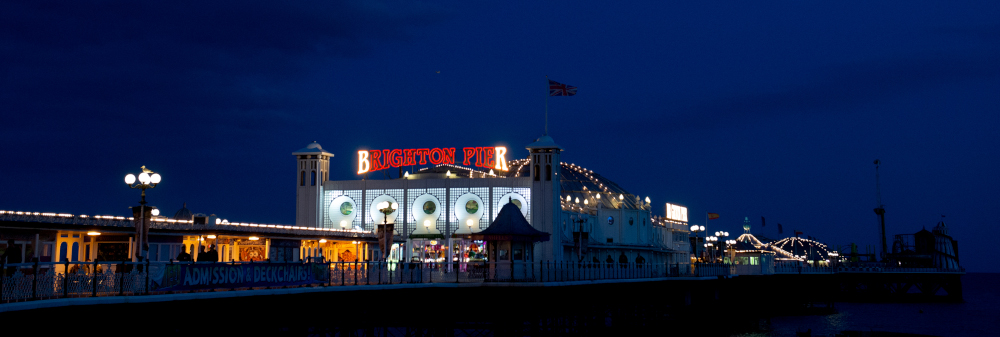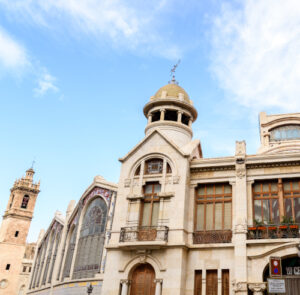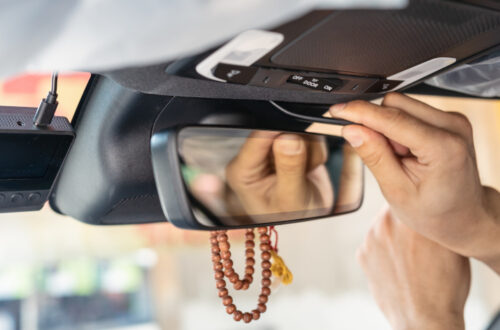
What Happens to Abandoned Gambling Hubs?
Drive through the quiet backstreets of Johannesburg’s southern suburbs, or past the edges of Durban’s outer townships, and you’ll spot them, low, squat buildings with boarded windows, faded signs reading “Lucky Star Slots” or “Jackpot Palace.” They’re relics now, abandoned gambling hubs once packed with life and lights. Inside, if you’re brave enough to push past a rusted gate or kick through dust-blown leaves, the air is heavy with stillness. The smell of old smoke and lost time. Rows of EBT machines, Electronic Bingo Terminals, still standing like silent sentinels, screens black, coins rusting in forgotten trays.
It’s easy to assume these places just shuttered quietly when the economy dipped or stricter licensing laws came into play. But there’s more to the story. Each closed-down gambling hall carries echoes, of fast fortunes, quiet heartbreaks, community wins, and losses that still ripple long after the lights went out.
In KwaMashu, I met Vusi, a former security guard who once worked nights at a now-abandoned spot near the old taxi rank. “You wouldn’t believe how busy this place used to be,” he said, leaning against the metal gate, now padlocked shut. “People came after shifts, after funerals, even after weddings. The machines never stopped.”
But things changed. First came tighter regulation. South Africa’s gaming laws, especially post-2020, saw a push to clean up grey areas. Smaller, independently run hubs that didn’t meet updated compliance standards faced closure. Then there was the pandemic, months of shutdowns broke the back of many borderline businesses. And with smartphones offering legal online alternatives like Goldrush.co.za, foot traffic thinned.
What remains isn’t just architecture, it’s a kind of urban archaeology. In one such abandoned venue outside Rustenburg, you’ll still find faded posters promising “1000 Free Spins!” and backroom couches sagging with age. Locals say some of these spots become unofficial hangouts now, young guys setting up Bluetooth speakers where jackpot bells used to ring.
There’s also a deeper layer, the cultural aftertaste. For years, small gambling lounges weren’t just about money. They were places where people gathered. Aunties would bring in food, pap and stew sold outside in polystyrene trays. Old uncles would swap Lotto tips over Styrofoam cups of coffee. These spaces functioned as informal community hubs, especially in areas with few other social venues.
When they close, it leaves a strange vacuum.
Not everyone mourns them. Community activists in places like Umlazi have been vocal about the impact of unchecked gambling on lower-income families. One pastor I spoke to near Pietermaritzburg, who asked not to be named, called the closures a “quiet mercy.” But even he admitted there was complexity in it. “For some people, those places weren’t sin or vice. They were routine. Ritual. Now, when they walk past and see a padlocked door, it’s like a chapter closed without warning.”
 Some abandoned gambling hubs have found second lives. A few have been snapped up by churches, oddly enough. Others get turned into cellphone shops or informal clubs. And then there are the ones that just sit, slowly crumbling. Windows knocked out by vandals, machines gutted for copper wiring, signs bleaching in the relentless sun.
Some abandoned gambling hubs have found second lives. A few have been snapped up by churches, oddly enough. Others get turned into cellphone shops or informal clubs. And then there are the ones that just sit, slowly crumbling. Windows knocked out by vandals, machines gutted for copper wiring, signs bleaching in the relentless sun.
I couldn’t help but think, walking through one shuttered site near East London, that these spaces feel less like failures and more like monuments to a particular era. The era before digital gambling took over. Before bets shifted from button-pushed machines to apps you keep in your pocket. It’s tempting to see this as a simple evolution, bricks-and-mortar giving way to digital. But South Africa’s gambling culture has always been about more than platforms. It’s about proximity, about noise and bodies in shared space. About the tiny ceremonies of change.
When those ceremonies vanish, when the machines stop singing and the crowds disperse, what’s left is a kind of urban ghost story. There’s one last layer to all this, though, a future possibility. Some urban renewal projects in Johannesburg are looking at these abandoned spaces not as dead zones, but as opportunities. Co-working hubs. Art studios. Music venues. Turning the echoes of past jackpots into something fresh.
Whether or not those plans materialise, the feeling lingers, a certain stillness where once there was chaos.
The last spin may have happened years ago. But the chairs are still there, waiting. And the dust carries, in its quiet way, the memory of every note that machine once sang.




